AO Edited
Battle of Marston Moor Monument
A monolith stands at the site of the most significant battle ever fought on British soil.
On quiet farmland just outside York, one of the most significant battles of the English Civil War was fought on July 2, 1644.
Throughout that summer, Parliamentarian forces under the command of Lord Fairfax and the Earl of Manchester were joined by Scottish Covenanters who had been besieging the Royalist stronghold of York. On the Royalist side, Prince Rupert of the Rhine had gathered an army and marched through the northwest of England, across the Pennines, to relieve the city.
They met just outside the city at Marston Moor in what proved to be one of the biggest battles of the war, and one which effectively ended the Royalist presence in the North of England, along with its ports and access to their allies in Scotland, which in turn led to their ultimate defeat in the conflict.
It had started brightly for Rupert, who was aided by William Cavendish, the Marquis of Newcastle, when on July 1, he outmaneuvered the Parliamentarians and relieved the city. Despite being outnumbered by some 10,000 men, he then sought battle with them, and both forces gathered at Marston Moor. Dissuaded from attacking them immediately he suffered a surprise attack from the Parliamentarians, whose cavalry, under Oliver Cromwell’s command, routed the Royalist’s and then proceeded to annihilate the remaining infantry to score a decisive victory, killing some 4500 Royalist men and capturing another 1500, only losing around 300 themselves.
Much of the blame fell at the door of the two Royalist commanders who endured a fractious relationship. Cavendish, who estimated he spent a million pounds bankrolling the king’s forces in the north, fled to Europe shortly afterward, while Rupert who’s early successes in the war became ever more chequered, ended up as the commander of all the royalist forces.
There is a monument to the battle next to the road that runs between the villages of Long Marston and Tockwith, presented by the Cromwell Society as a memorial to the battle. The road runs, as it did at the time, through the center of the battlefield.
Know Before You Go
The monument lies between the villages of Long Marston and Tockwith. There is parking on the roadside.

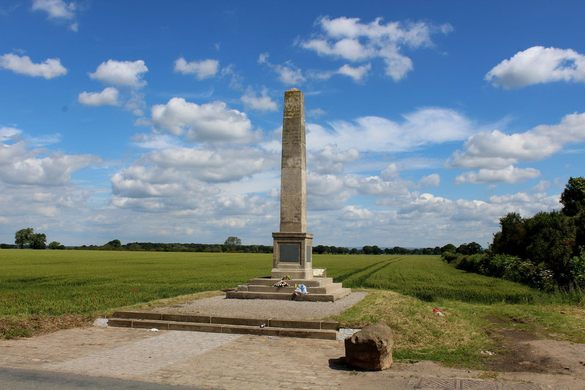
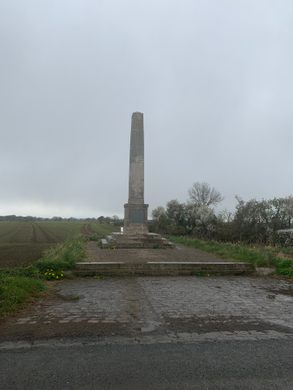
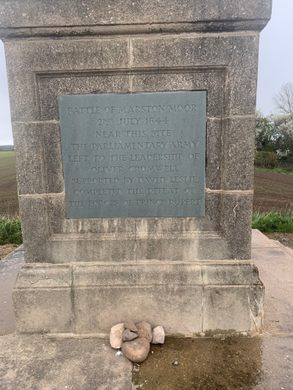
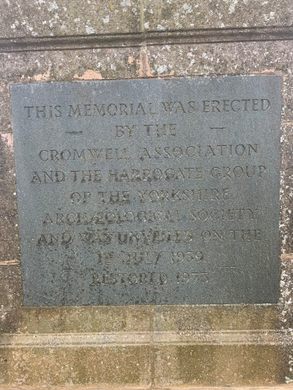
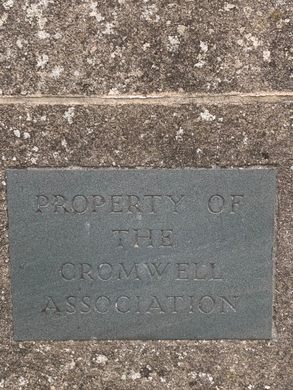
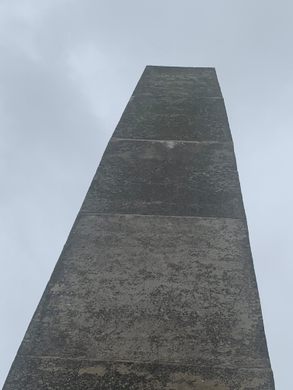
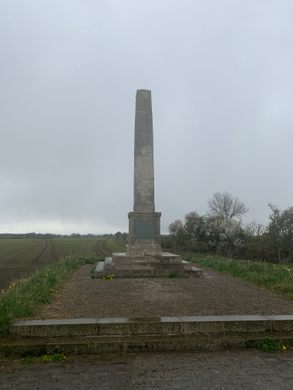
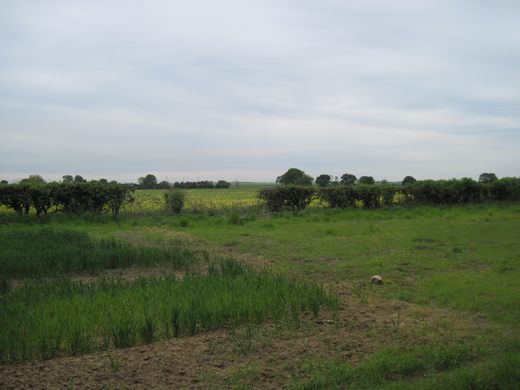









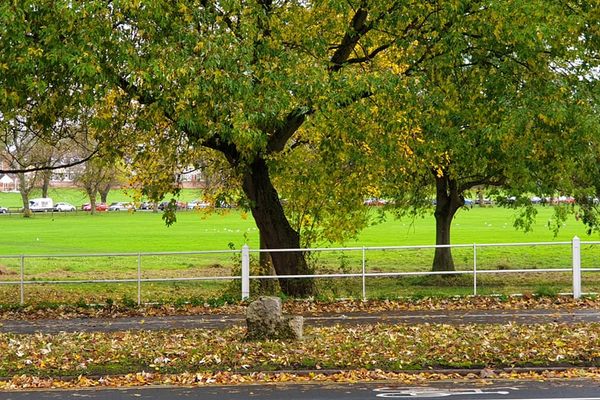
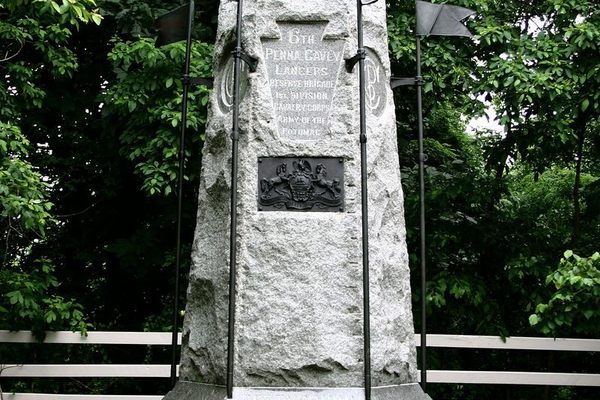




Follow us on Twitter to get the latest on the world's hidden wonders.
Like us on Facebook to get the latest on the world's hidden wonders.
Follow us on Twitter Like us on Facebook